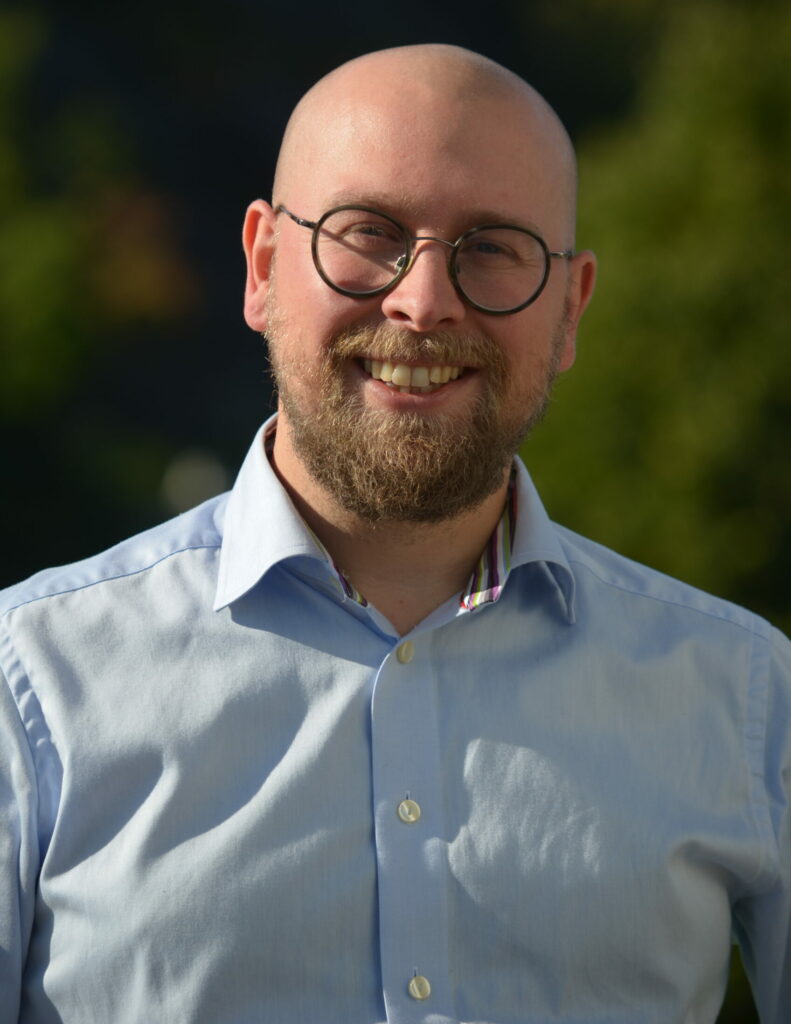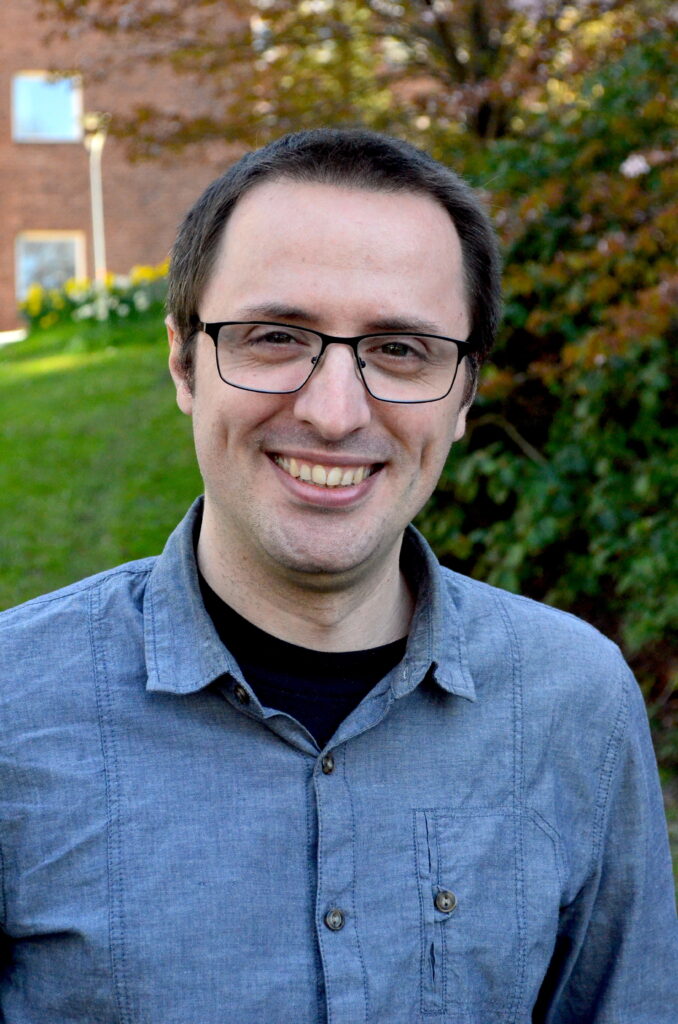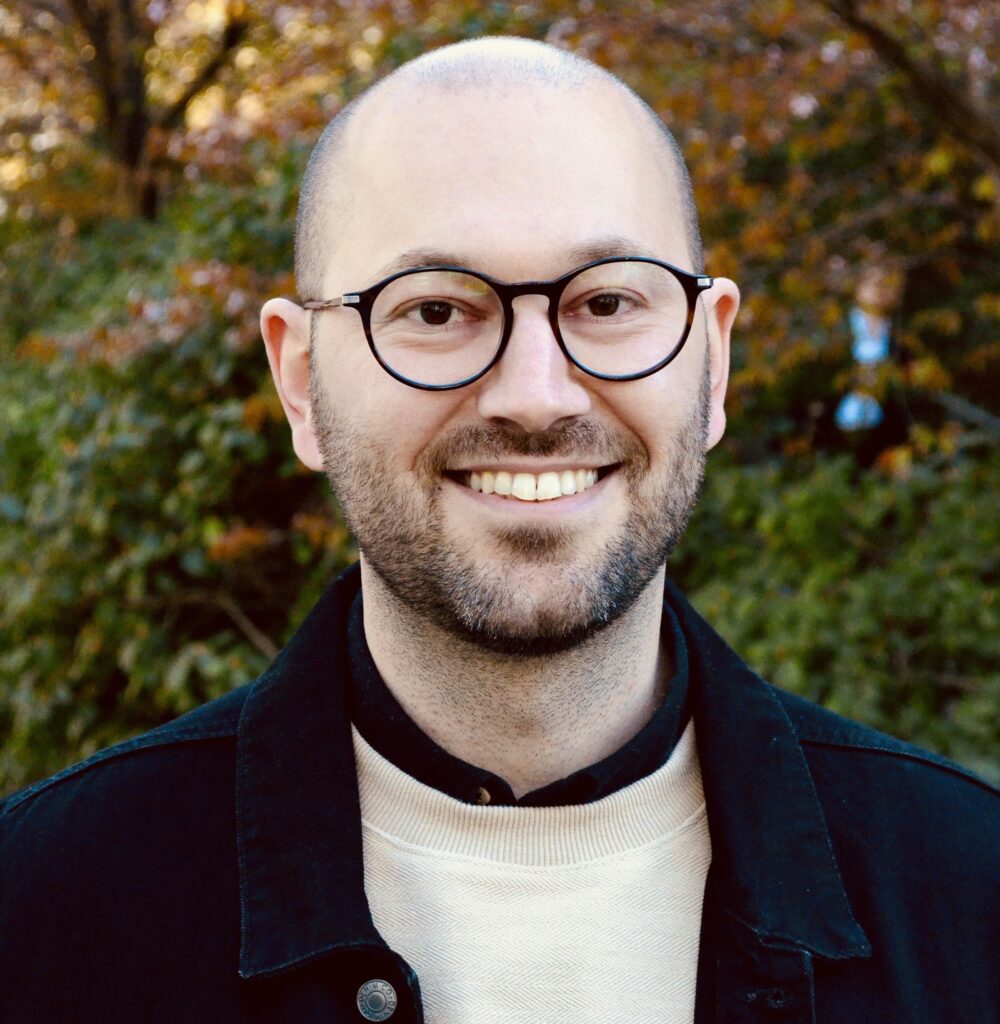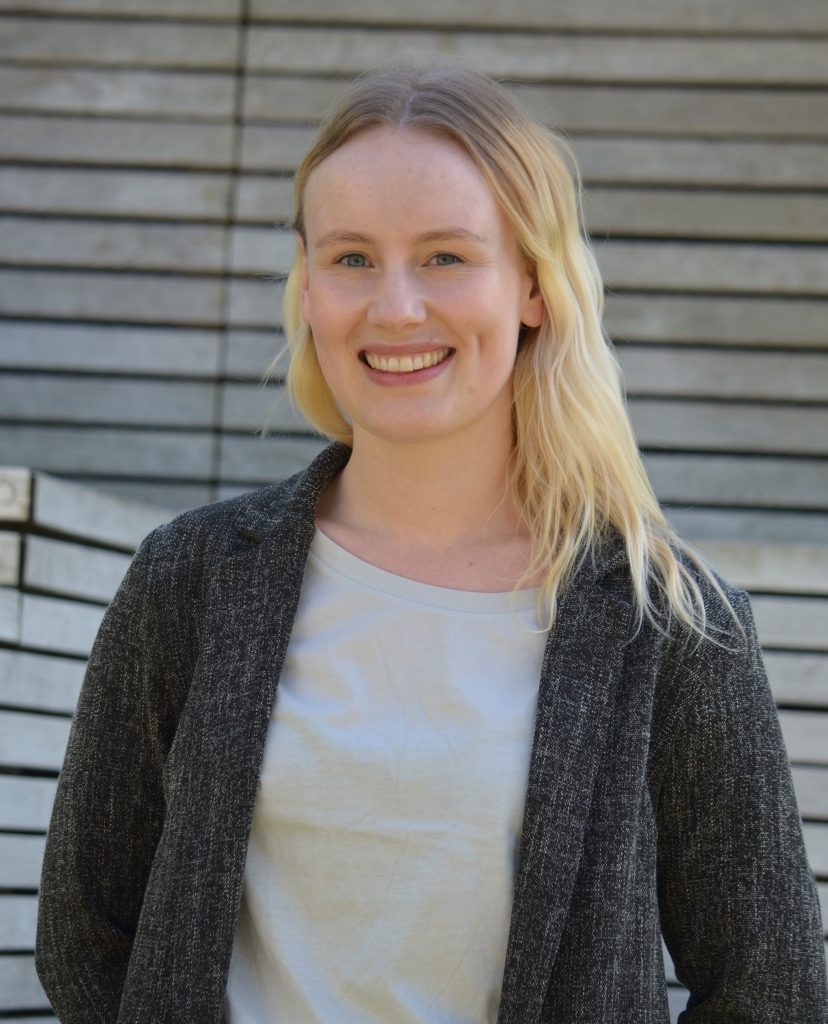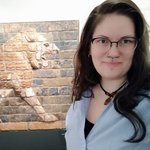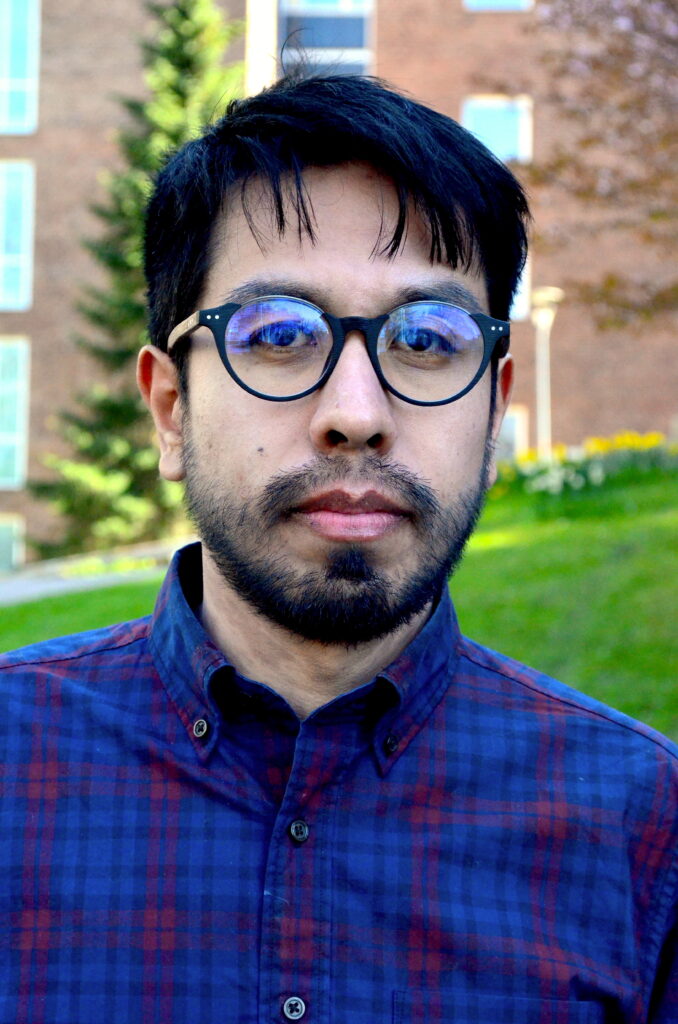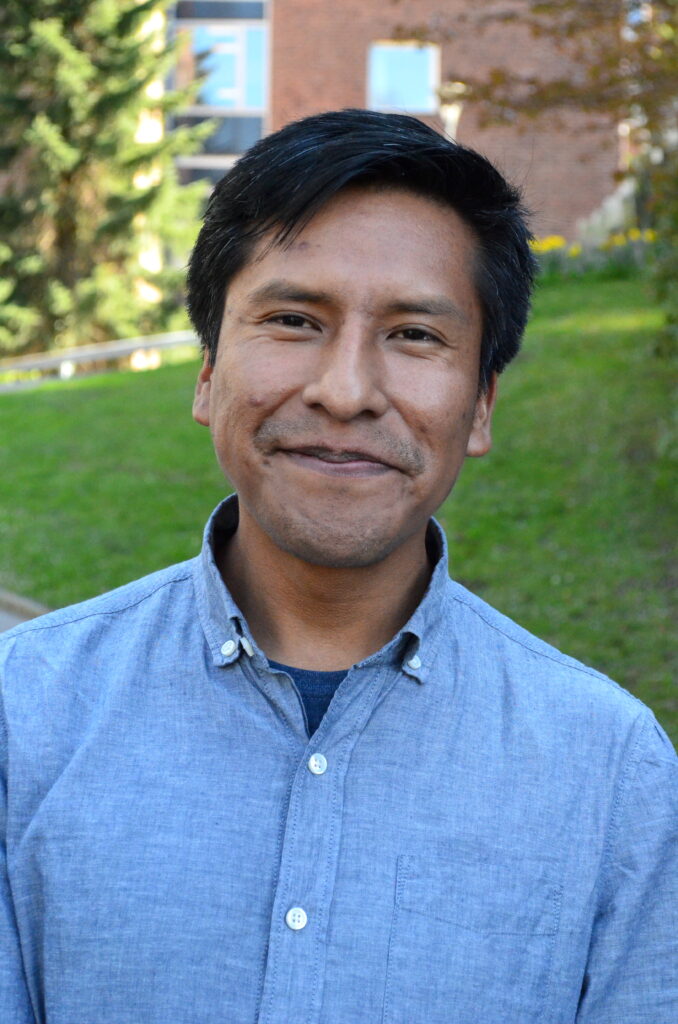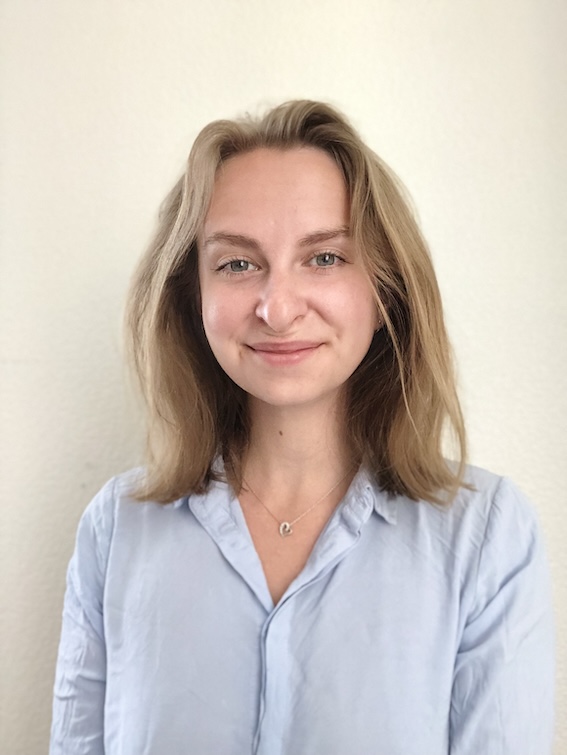Who we are
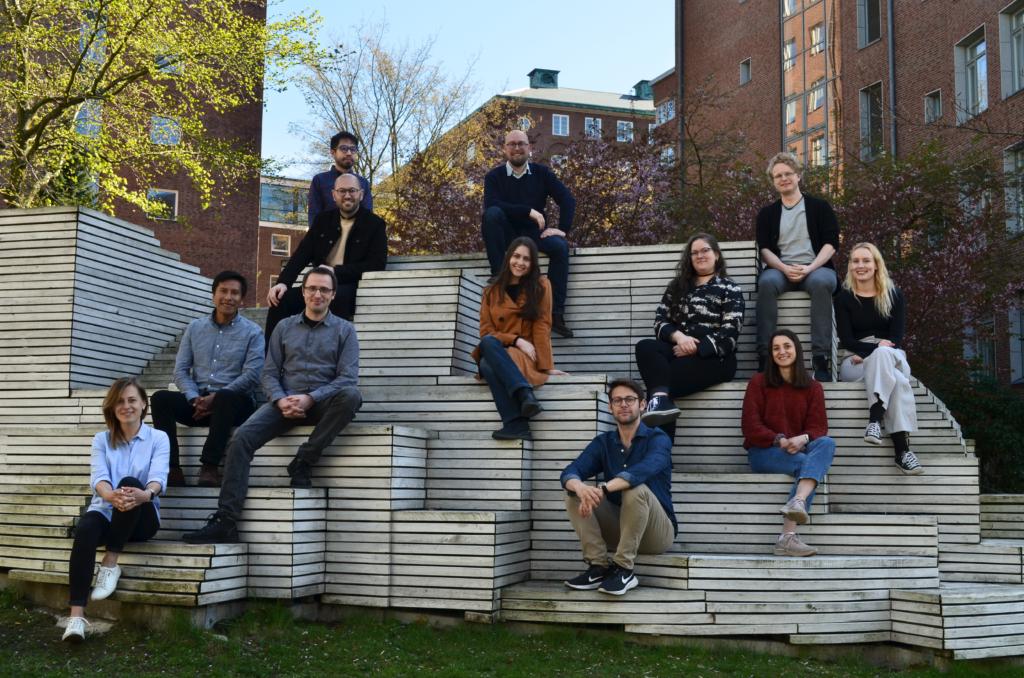
Johan Bengtsson-Palme
Principal investigator, Assistant professor
PhD in Medicine (University of Gothenburg, Sweden)
PostDoc at University of Wisconsin-Madison (USA)
MSc in Systems Biology (University of Gothenburg)
BSc in Biology (University of Gothenburg)
My research is mainly in the development and spread of antibiotic resistance, particularly in the environment. I also study pathogenicity and interactions in microbial communities. To address this, our group uses high-throughput data, high-performance statistics and experimental model systems. I also develop software for metagenomic and taxonomic analyses, including the well-established Metaxa and ITSx tools.
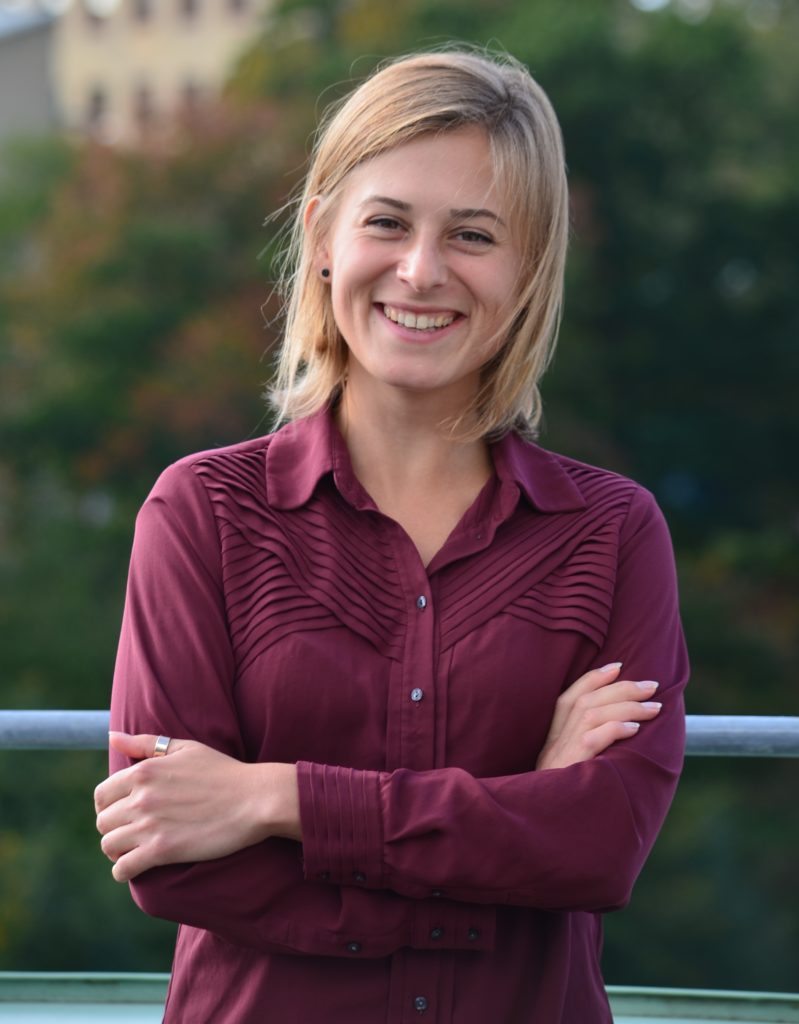
Anna Abramova
Post-doc
PhD in Natural Sciences (University of Gothenburg, Sweden)
PostDoc at University of Gothenburg (Sweden)
MSc in Marine Ecology (University of Nordland, Norway)
BSc in Biology (Saint-Petersburg State University, Russia)
2020-2025
Anna is involved in a range of projects focusing on AMR in various types of environments. Her work is primarily focused on identification and quantification of resistance genes using both molecular and bioinformatics methods, as well as development of new tools for detection of emerging resistance threats. The overarching goal of these projects is to contribute to the knowledge on distribution and hot-spots of AMR in the environment to further provide guidelines for monitoring and prevention. Anna previously worked in the EMBARK project and is now part of its successor, the SEARCHER project.
Daniel Jaén-Luchoro
Post-doc
PhD in Environmental and Biomedical Microbiology (University of Balearic Islands, Spain)
PostDoc at the University of Gothenburg (Sweden)
MSc in Advanced Microbiology (University of Balearic Islands)
BSc in Biochemistry (University of Balearic Islands)
BSc in Biology (University of Balearic Islands)
2023-2025
Daniel is working part time at the Sahlgrenska University Hospital developing protocols for using NGS in diagnostics, and part time doing research in the Bengtsson-Palme lab. His main research focus has been the development of fast and culture-independent methods for diagnostics of infectious diseases, combining genomic and proteomic approaches, as well as investigate the background aspects of bacterial antibiotic resistance, far beyond the well-known resistance mechanisms. His long-term goal in research is to determine an efficient methodology to unravel the entire set of adaptations of bacterial cells to antibiotic in any situation, which could be applied also in other fields.
His work in the Bengtsson-Palme lab is part of the BIOCIDE project. Firstly, he will focus on updating and improving the BacMet database for biocide resistance genes and biocide selection data, both experimentally validated and perdicted parts of the database. Secondly, he will gather minimum inhibitory concentration data measured for biocides and metals on bacteria. The data will serve as the basis for the first attempt at determining bacterial MIC distribution of biocides, method comparison, and risk assessment of biocide resistance.
Máté Vass
Post-doc
PhD in Biology (Uppsala University, Sweden)
PostDoc at Umeå University (Sweden)
MSc in Environmental Science (University of Pannonia, Hungary)
BSc in Environmental Studies (University of Pannonia)
2023-2025
Máté has a community ecology background, and is investigating how antibiotic resistance genes are affected by community dynamics (i.e., due to community mixing events) and assembly processes. He is also interested in how microplastics influence and mobilise antimicrobial resistance. He aims to approach the field of antimicrobial resistance from a (meta)community ecology perspective and shift the field towards new avenues. He is part of the DDLS program, funded by the Wallenberg foundation.
Adriana Osińska
Post-doc
PhD in Biology (University of Warmia and Mazury, Poland)
PostDoc at Norwegian University of Life Sciences (Oslo, Norway)
MSc in Environmental Protection (University of Warmia and Mazury)
BSc in Environmental Protection (University of Warmia and Mazury)
BSc in Physiotherapy (Olsztyn Higher School name of Józefa Rusieckiego, Olsztyn, Poland)
2024-2025
Adriana works to identify known and novel antibiotic resistance genes of concern in data generated by the CORNELIA project from untreated and treated wastewater samples collected for one year. Her project is analyzing data from metagenomes transcriptomics, as well as E.coli and Klebsiella strains isolated from wastewater samples. The goal is to provide a deeper genomic understanding of the antimicrobial resistance dynamics within the studied environmental context. She is funded by the Research Council of Norway.
Yuselys Garcia-Martinez
Post-doc
PhD in Medical Sciences (University of Campania Luigi Vanvitelli, Italy)
MSc in Microbiology (University of Havana, Cuba
BSc in Microbiology (University of Havana)
2025-2027
Yuselys is working within the SEARCHER program (a continuation of the EMBARK program), which focuses on characterizing emergent antibiotic resistance genes in the environment. The program aims to identify novel resistance genes in environmental bacteria and assess their potential to transfer to pathogens, ultimately establishing early indicators of emerging antibiotic resistance before it becomes a clinically relevant issue. Additionally, the project seeks to pinpoint key settings where humans interact with environmental bacteria carrying novel resistance genes, providing valuable insights for integrating these findings into antimicrobial resistance surveillance efforts.
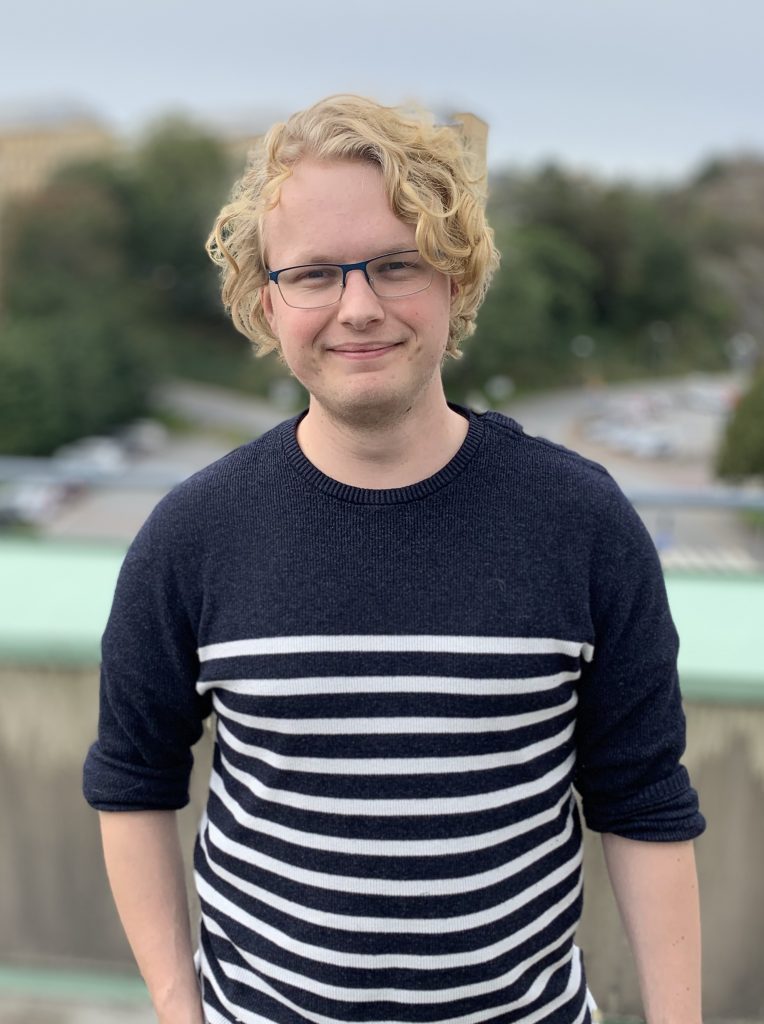
Emil Burman
Doctoral student
MSc in Molecular Biology (University of Gothenburg, Sweden)
BSc in Molecular Biology (University of Gothenburg)
2019-2025
Emil is conducting research on the genes required for the nosocomial pathogen Pseudomonas aeruginosa to invade established microbial model communities. Leveraging wide a variety of molecular toolsets, including genetic engineering, selective culturing, and quantitative proteomics, he is also investigating the mechanisms of antibiotic susceptibility in P. aeruginosa. His projects aim to provide insights into why P. aeruginosa is such a ubiquitous bacterium and to understand the challenges it poses for the future of antimicrobial resistance (AMR).
Mirjam Dannborg
Doctoral student
MSc in Molecular Biology (Umeå University, Sweden)
BSc in Molecular Biology (Umeå University)
2022-2026
Mirjam is establishing a microbial model community representing the gastric microbiota. This community will be used to study interbacterial interactions in human-associated microbiomes, and community resilience to invasion of pathogens. The project also seeks to understand how commonly administered drugs affect community stability.
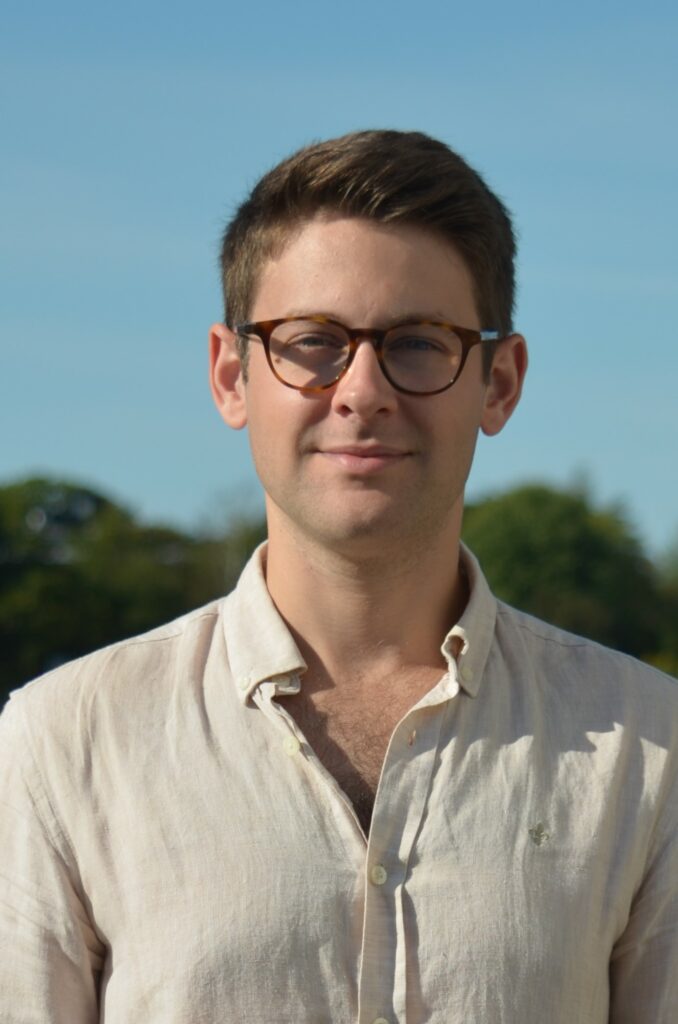
Marcus Wenne
Doctoral student
MSc in Molecular Biology (University of Gothenburg, Sweden)
BSc in Molecular Biology (University of Gothenburg)
2020-2027
Marcus is generating a global atlas of the current state of environmental antibiotic resistance, by screening publicly available metagenomics to investigate their taxonomic and antibiotic resistance gene content. He is also working on using large language models to extract similar data from articles using q-PCR or culturing. This data will be used to generate a predictive model with the aim to predict resistance in unsampled environments, as well as to identify its drivers. Marcus is also involved in other projects related to antibiotic resistance where he is mainly doing data analysis. He is part of the DDLS program, funded by the Wallenberg foundation.
Vi Varga
Doctoral student
MSc in Bioinformatics (Lund University, Sweden)
BSc in Biological Sciences (University of Cincinnati, OH, USA)
BA in German Studies, Anthropology, Archaeology (University of Cincinnati)
2022-2027
Vi utilizes bioinformatics-based approaches to study the commensal-to-pathogen continuum and the evolution of pathogenesis. Their primary research goal is to improve understanding of the vaginal microbiome by studying biosynthetic gene clusters to look for patterns in protein function in vaginal bacterial communities from across the globe. Vi brings an interdisciplinary approach to their research, having studied archaeology during their undergraduate years and later worked as a sex educator. Vi is part of the DDLS program, funded by the Wallenberg foundation.
Jorge Agramont
Doctoral student
MSc in Biological Sciences (Mayor de San Ándres University, Bolivia)
BSc in Biology (Mayor de San Ándres University)
BSc in Agricultural Engineering (Mayor de San Ándres University)
2023-2026
Jorge’s main research interest is microbial ecology. He is looking for antimicrobial resistance genes and enteric pathogens in aquatic environments polluted by sewage and/or mining discharges using metagenomic sequencing to survey known and new resistance genes in microbial communities. As part of this community approach to antimicrobial resistance, Jorge is also working with artificial antibiotic selection systems to understand better the antibiotic selection processes at community levels. Jorge is funded by SIDA, doing part of his PhD thesis in the Bengtsson-Palme lab and part of it in the lab of Volga Iñiguez at UMSA in Bolivia.
Josue Mamani Jarro
Doctoral student
MSc in Biological and Biomedical Sciences (Mayor de San Ándres University, Bolivia)
MD in Surgery (Mayor de San Ándres University)
2023-2026
Josué is working in the identification and characterization of pathogens and resistance genes in the Seco and Seke rivers of El Alto, Bolivia. He is also interested in studying the impact of the environment on the intestinal resistome of children. Josué is a doctoral student funded by SIDA doing part of his PhD thesis in the Bengtsson-Palme lab and part of it in the lab of Volga Iñiguez at UMSA in Bolivia.
Agata Marchi
Doctoral student
MSc in Biology (University of Gothenburg, Sweden)
BSc in Biological Sciences (University of Milan, Italy)
2022-2028
Agata was a master student in the group with a thesis project focused on implementing a bioinformatic approach to identify differences between the genomes of host-associated and non host-associated strains of bacterial species that can act as opportunistic pathogens. She returned to the group in January 2024 for her doctoral studies, where she will study the interplay between interactions in the human microbiome and complex diseases.
Emilia Valfridsson
Master student
BSc in Molecular Biology (University of Gothenburg, Sweden)
2024-2025
Emilia is constructing an antibiotic selection system by introducing antibiotics to environmental sediment samples as part of the SEARCHER project. This creates selection pressure, allowing the investigation of antibiotic resistance within the bacterial communities through cultivation and sequencing. Her project aims to discover latent antibiotic-resistance genes in the environment by analyzing the sequences of the bacterial communities before and after exposure to antibiotics.
Felix Blomfelt
Master student
BSc in Biotechnology (Chalmers University of Technology, Sweden)
2024-2025
Felix is a master student working with antibiotic resistance in the plastisphere, and will identify point mutations in microorganisms which colonize microplastics. He will also use machine learning to identify features which increase the likelihood of these mutations.
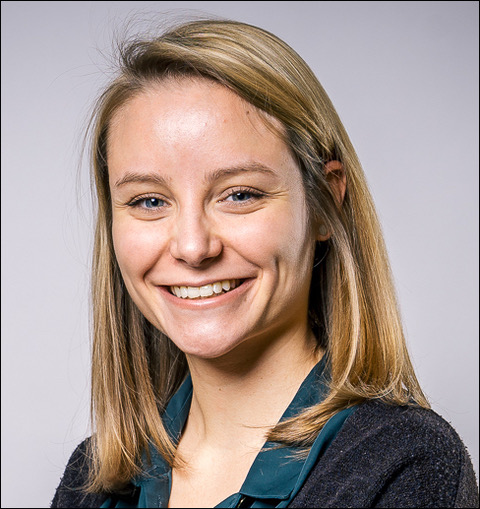
Lisa Teichmann
External associated Doctoral Student
(University of Amsterdam, The Netherlands)
MSc in Environmental Technology (University of Stuttgart, Germany)
BSc in Environmental Technology (University of Stuttgart)
2020-2025
Lisa Teichmann is a PhD candidate at the University of Amsterdam in the group of Stanley Brul (Molecular Biology and Microbial Food Safety). Her research focuses on the molecular mechanisms that are leading to the development of de novo resistance upon exposure to sub-lethal concentrations of antimicrobial agents. By knocking out different genes involved in stress-induced pathways in Escherichia coli, she is investigating the impact of these cellular mechanisms on the acquisition of antimicrobial resistance.
Nathália Abichabki
External associated Doctoral Student
(University of São Paulo, Brazil)
MSc in Biosciences and Biotechnology (University of São Paulo)
BSc in Pharmacy-Biochemistry (University of São Paulo)
2023-2025
Nathália is a doctoral student from the University of São Paulo. She is studying the bacterial strategies that can lead to antibiotic treatment failure, including bacterial resistance and tolerance to antibiotics. In her PhD research, she is looking for which specific genes are related to antibiotic tolerance development, in addition to mechanisms of resistance to antibiotics in pathogenic bacteria, with a focus on Gram-negative bacilli. Nathália was a visiting student in the lab during 2023, and is now externally associated with he group.
Sophia Axillus
Associated Doctoral Student
MSc in Engineering Mathematics and Computational Science (Chalmers University of Technology, Sweden)
BSc in Bioengineering (Chalmers University of Technology)
2024-2028
Sophia is a PhD student in the research group of Erik Kristiansson since 2024 and a part of the DDLS program, funded by the Wallenberg Foundation. Her research focuses on integrating AI methods to study the dissemination of antibiotic resistance genes (ARGs). Specifically, Sophia is developing machine learning methods to predict horizontal gene transfer (HGT) of ARGs between bacterial hosts, based on genetic, phenotypic, and ecological characteristics. Her work aims to leverage network-based models to analyze and predict how ARGs spread across diverse bacterial communities.
